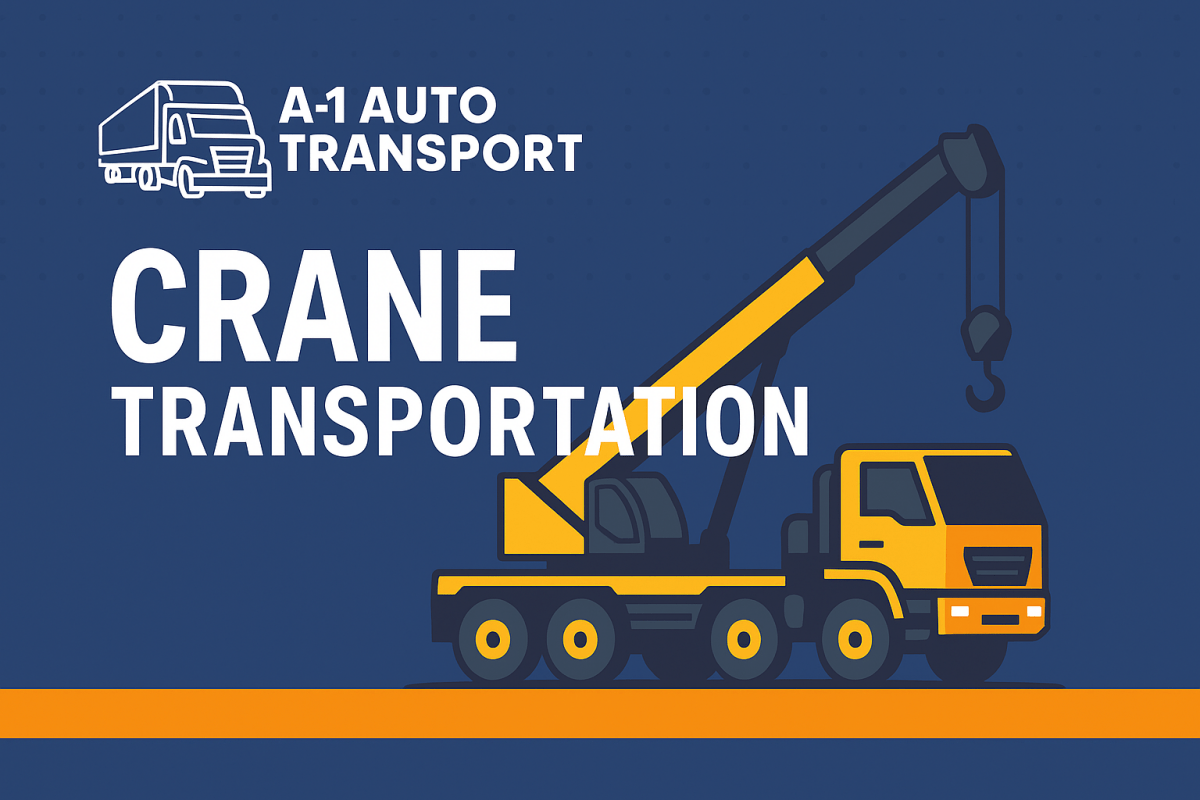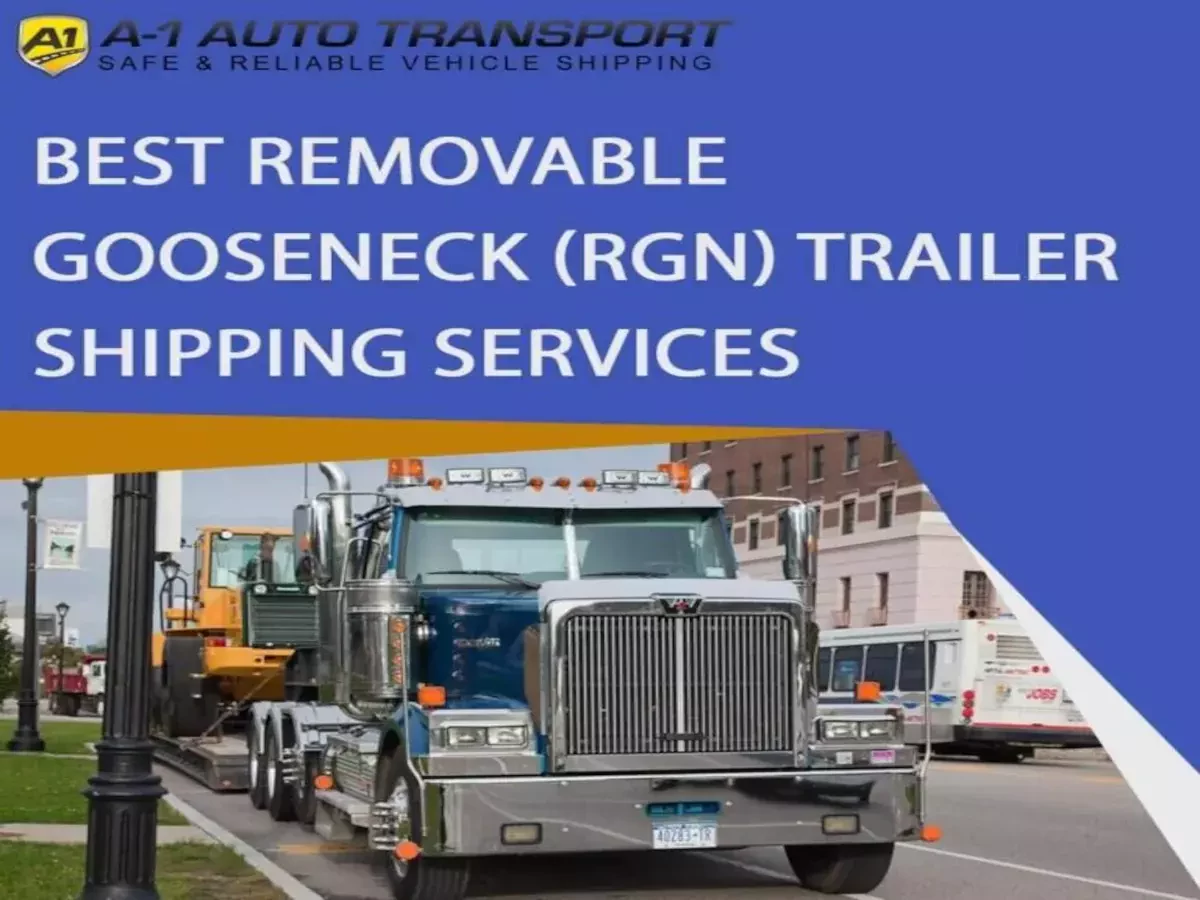
Best Bus Shipping Services for Heavy Vehicle Transport
Bus shipping costs vary, with affordable options for smaller shipments and regional routes, depending on destination and weight. Reliable bus transport services offer secure handling, robust tracking...



















